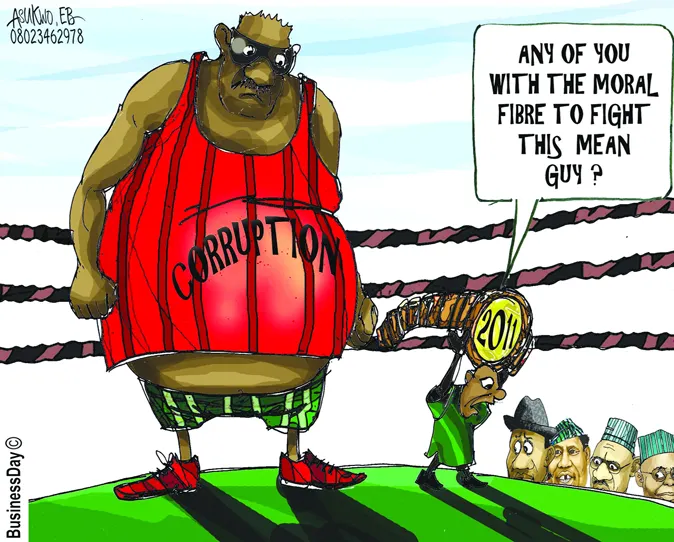Nigeria’s House of Representatives has taken another bold step in its anti-corruption campaign, passing for second reading a bill that seeks to amend the Money Laundering (Prevention and Prohibition) Act, 2022, to close existing legal loopholes and strengthen the country’s asset recovery system.

The proposed legislation, sponsored by Hon. Yusuf Gagdi, who represents the Pankshin/Kanke/Kanam Federal Constituency of Plateau State, aims to enhance Nigeria’s capacity to tackle financial crimes, illicit financial flows, and unexplained wealth that have long undermined the economy.
During Wednesday’s plenary session, Gagdi described money laundering as “one of the most defining governance challenges of our time.” He explained that despite the 2022 Act, financial criminals continue to exploit sophisticated methods of “consignment, layering, and cross-border transfers” to conceal the origin of their illicit funds.
The amendment bill introduces a civil recovery mechanism, allowing government agencies to reclaim assets linked to corruption without the need for lengthy criminal prosecutions. Under this model, individuals found with unexplained wealth will bear the responsibility of proving that their assets were obtained legitimately.
“While the current Act provides for criminal prosecution and forfeiture of assets derived from illicit sources, it places an onerous evidential burden on law enforcement agencies,” Gagdi said.
“This often frustrates the timely recovery of stolen assets, as many individuals with questionable wealth continue to live extravagantly beyond their legitimate means.”
The proposed system mirrors similar civil forfeiture laws in countries like the United Kingdom, Kenya, and South Africa, where shifting the burden of proof has accelerated the recovery of stolen public assets.
Nigeria’s anti-graft efforts have long been hindered by weak enforcement, political interference, and overlapping mandates among agencies. The new amendment seeks to establish a clear legal framework empowering bodies such as the Economic and Financial Crimes Commission (EFCC), the Independent Corrupt Practices Commission (ICPC), and the Nigerian Financial Intelligence Unit (NFIU) to act swiftly against illicit assets.
The bill provides that anti-corruption agencies may apply to a High Court ex parte for interim freezing or restraining orders on assets suspected to be proceeds of crime—pending full verification.